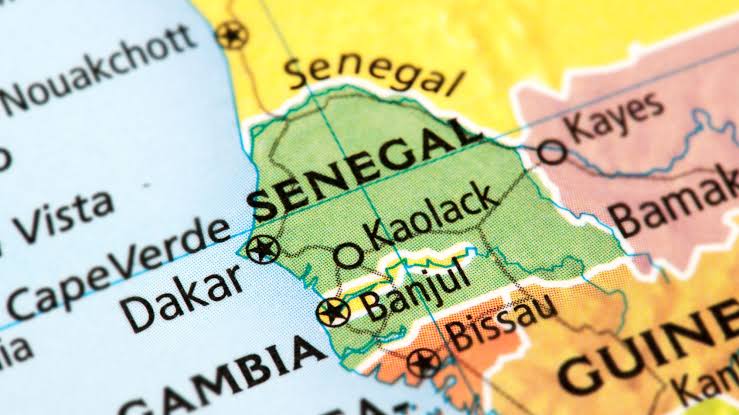
Africa’s best country for remote work cyber security is Senegal, followed by Nigeria.
Senegal has emerged as the most cyber-secure African nation for firms to permit their workers to work remotely, according to recent research by cybersecurity firm Indusface.
Senegal is the most secure country in Africa, according to research by the cyber-security firm Indusface, making it a great option for businesses to allow staff to work remotely.
The study evaluated many cyber-security metrics, such as:
DDoS attacks
Phishing sites
Malware hosting sites, and
Compromised computers
calculating a country’s score on the cyber-security index.
Senegal was at the top of the list and held the top African spot thanks to its exceptional index score of 78.09 out of 100.
The emergence of remote and hybrid working arrangements has led to a greater focus on cyber-security. Businesses are now required to maintain network security and data protection outside of the traditional office location, which has increased focus on addressing the related difficulties.
A remarkable 68% of high-revenue growth companies worldwide have adopted a mixed work approach, according to Indusface. These businesses have found this strategy to be beneficial because it has led to decreased costs, increased flexibility, and access to a larger talent pool.
Nigeria was ranked second among African nations in terms of cyber security in the study, with an index score of 74.68. Of all the African nations analyzed, the West African nation showed the fewest infected computers per 100,000 internet users.
Globally speaking, the study discovered:
The top three nations for remote work in terms of cyber security are Honduras, South Korea, and Japan.
With a stellar overall cybersecurity score of 89.55 out of 100, Honduras took the top spot. This accomplishment can be primarily ascribed to the low average number of DDoS attacks and phishing websites, which are a result of the nation’s effective cybersecurity procedures.
With a score of 88.85 and only 13 compromised PCs per 100,000 internet users, South Korea came in second place.
With the fewest DDoS attacks among the top five most secure nations, Japan took third place with an overall score of 87.49.
The founder and president of Indusface, Venky Sundar, offered the following advice for companies using remote work resourcing:
Taking into consideration the nations that hackers avoid
A GDPR (General Data Protection Regulation) evaluation of data security laws
looking into law enforcement tools
investigating federal funding for cybersecurity
evaluating the degree of sensitivity to cybersecurity between generations.

